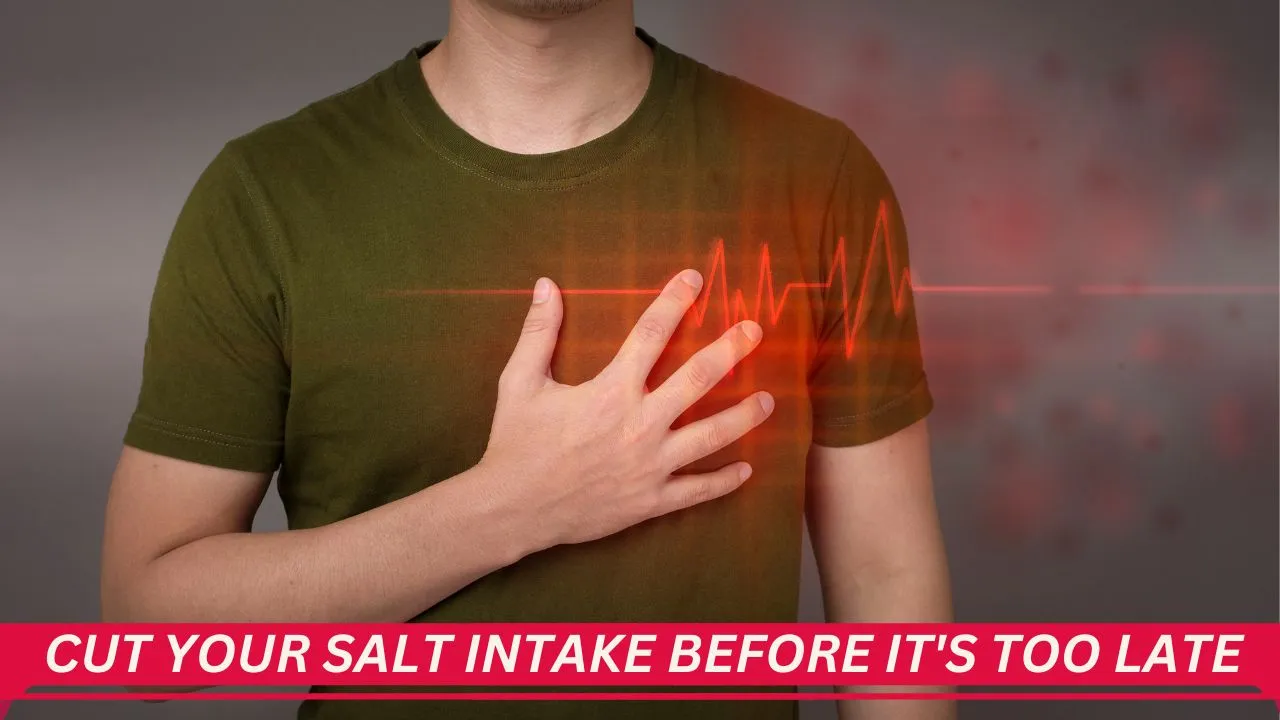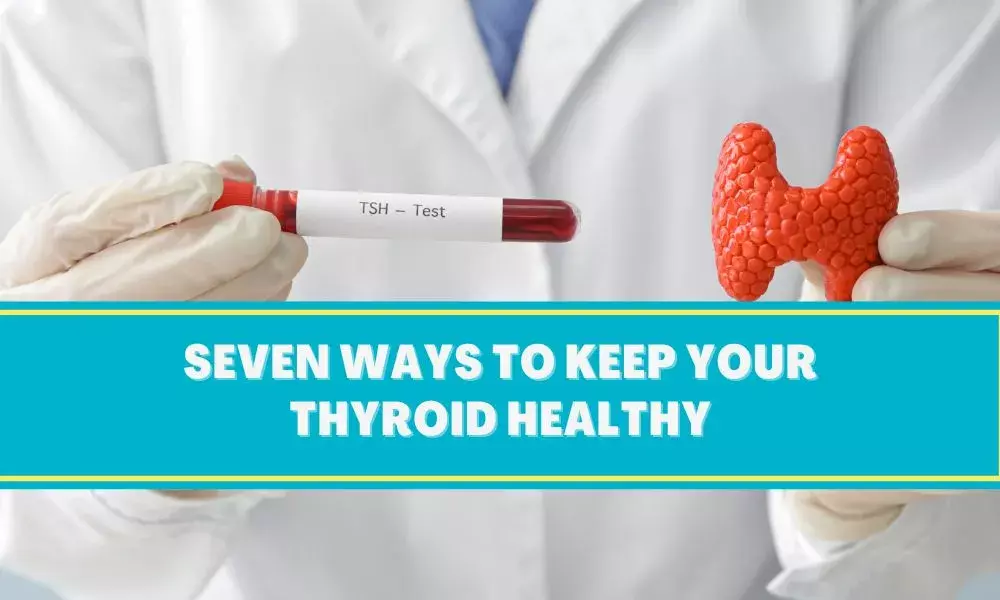If you like your food salty, it’s time you should think twice before adding that extra salt to your food.
Salt has always been associated with an increased risk of heart-related disorders and diseases. There has been a steep increase in the deaths caused due to Cardio Vascular Diseases (CVDs) in recent years.
As per WHO stats, an estimated 17.9 million people died from CVDs in 2019, representing 32% of all global deaths. Of these deaths, 85% were due to heart attack and stroke.
Many factors like lifestyle, obesity, smoking and second-hand smoke exposure, sleep patterns, stress levels, cholesterol and diabetes may lead to heart-related disorders and strokes. However, the kind of diet we have, majorly determines the quality of our overall health.
A study published in European Heart Journal last week has revealed that eating excessive salt is linked with clogged arteries of the heart and neck.
According to this study, the increased intake of salt hardens the arteries, affecting the smooth supply of blood to the heart through arteries, thereby increasing the risk of heart attack or stroke.
This study shows that extra consumption of salt can not only be damaging to our overall health but destructive to our heart too. Therefore, it is very important that as a precautionary measure, we should regulate our salt intake. Minimizing the salt in our diet could be a good step to keep ourselves away from the risks associated with a heart attack.
It is very hard to monitor and regulate the salt intake in our diet. A doctor, from World Health Organisation (WHO), has suggested two easy ways through which we can reduce our salt consumption.
One is to reduce the intake of table salt as it is directly linked with cardiovascular health. Number two is to replace salt, which is 100% sodium chloride, with a salt substitute containing 70–80% sodium chloride and 20–30% potassium chloride. Through this approach, you shall see a reduction in the total amount of salt that you consume.
Another important fact that this study brought forth is that people who don’t have any hypertension or heart disease must watch their salt intake too. As, higher the consumption of salt greater the risk of plaque being formed in arteries supplying blood to the heart.
Let us reduce both, the salt in our diet and the risk of contracting heart-related diseases.





